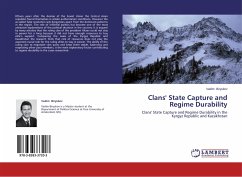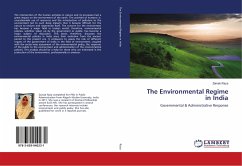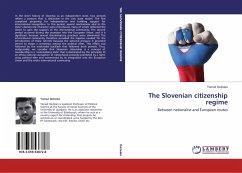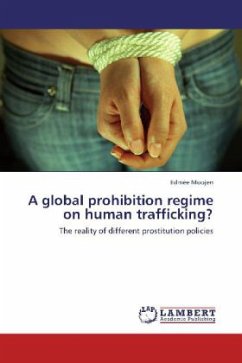Fifteen years after the demise of the Soviet Union the Central Asian republics found themselves in similar authoritarian conditions. However the so-called Tulip revolution sets Kyrgyzstan apart from the dominant patterns in the region. The role of informal politics has become one of the most attractive explanations of the political situation in the country. It is argued by many scholars that the ruling clan of the president Akaev could not stay in power for a long because it did not have enough resources to buy elite s support. Comparing the cases of the Kyrgyz Republic and Kazakhstan the research finds that role of resources does not play the assumed crucial role for the ruling elites to stay in power. The ability of the ruling clan to negotiate clan pacts and keep them stable, balancing and respecting other pact members, is the main explanatory factor contributing to regime durability in the cases researched.
Bitte wählen Sie Ihr Anliegen aus.
Rechnungen
Retourenschein anfordern
Bestellstatus
Storno








